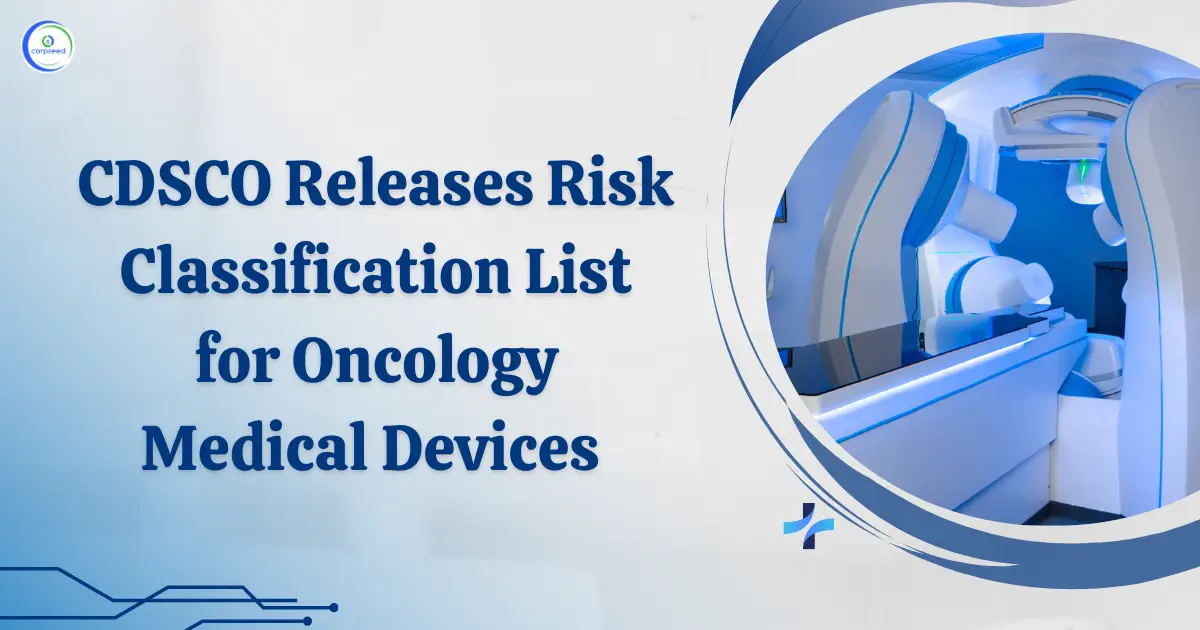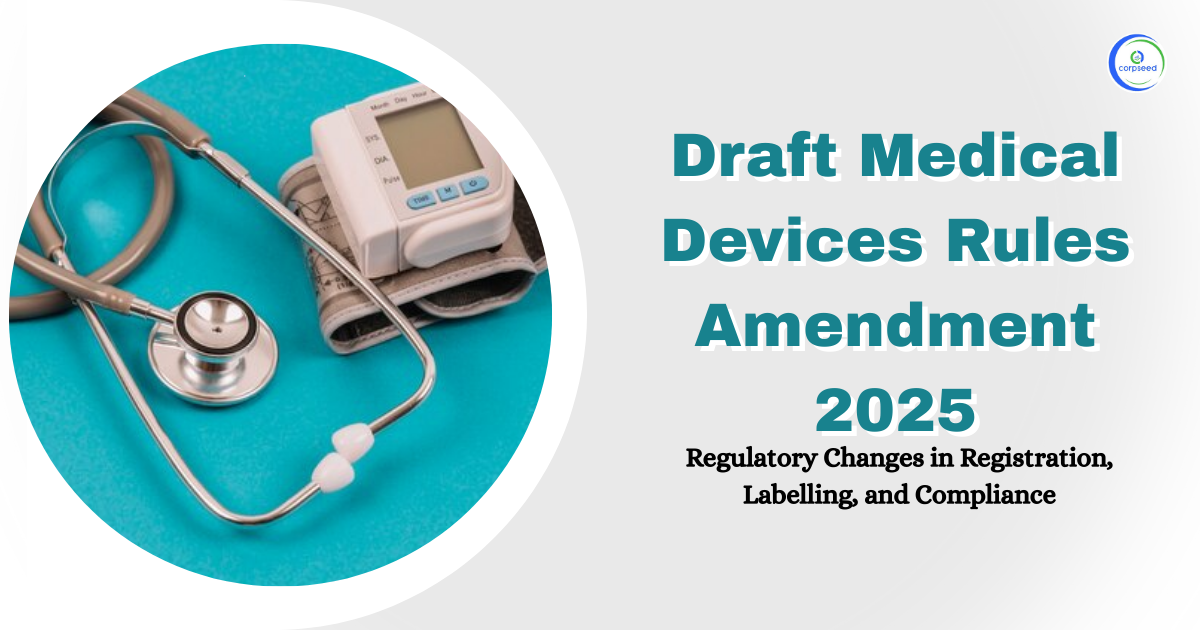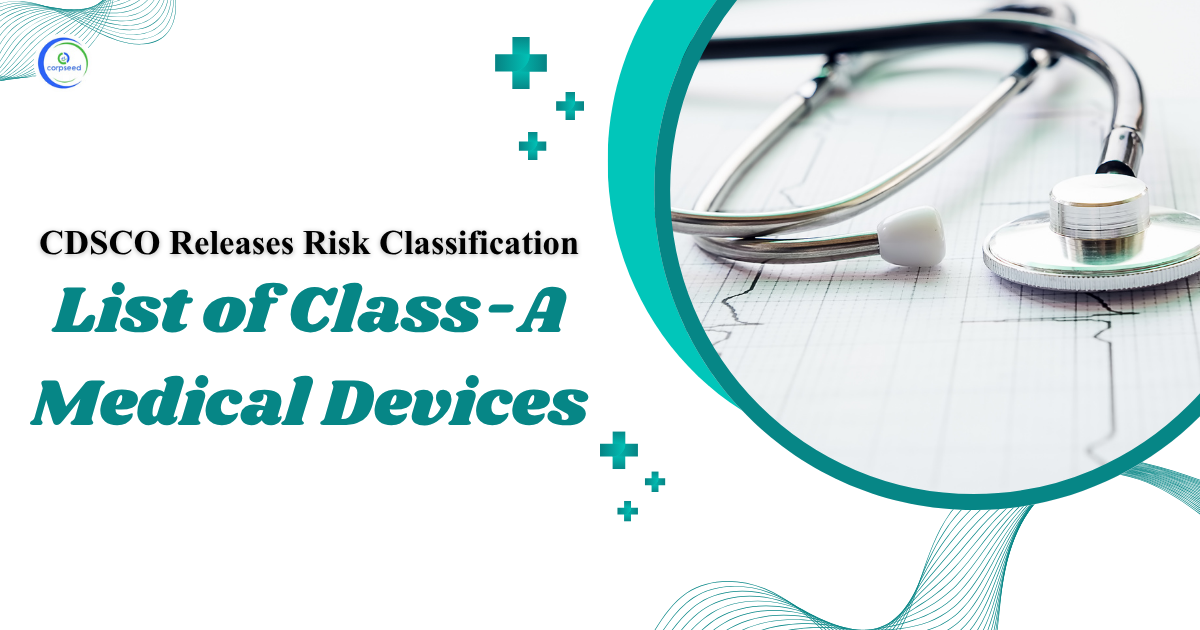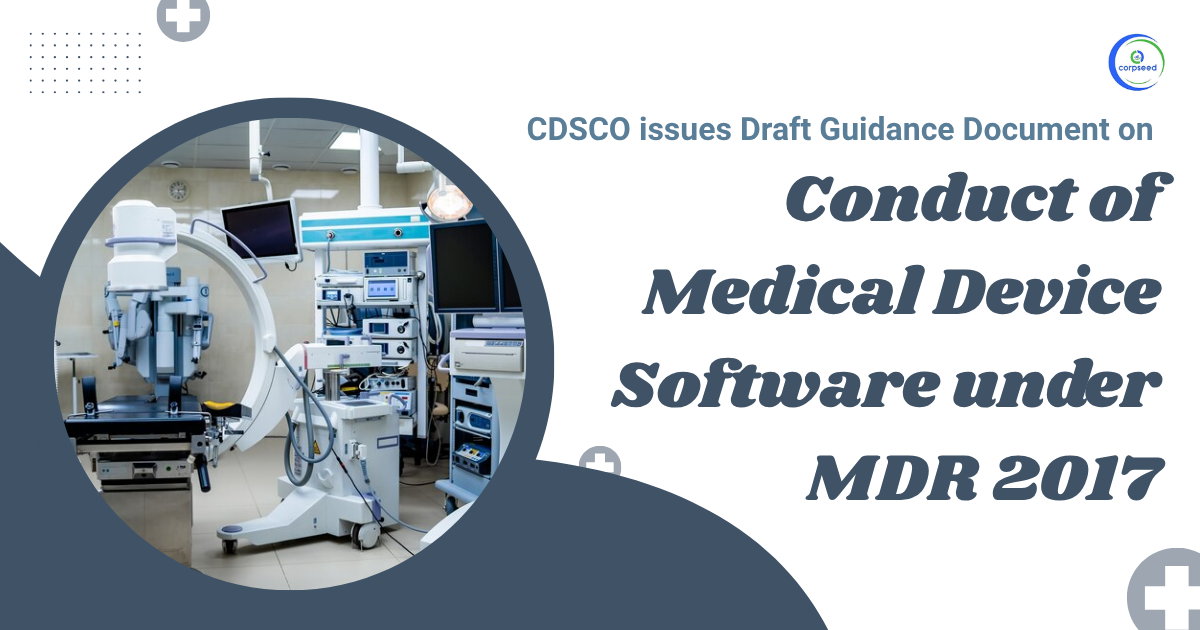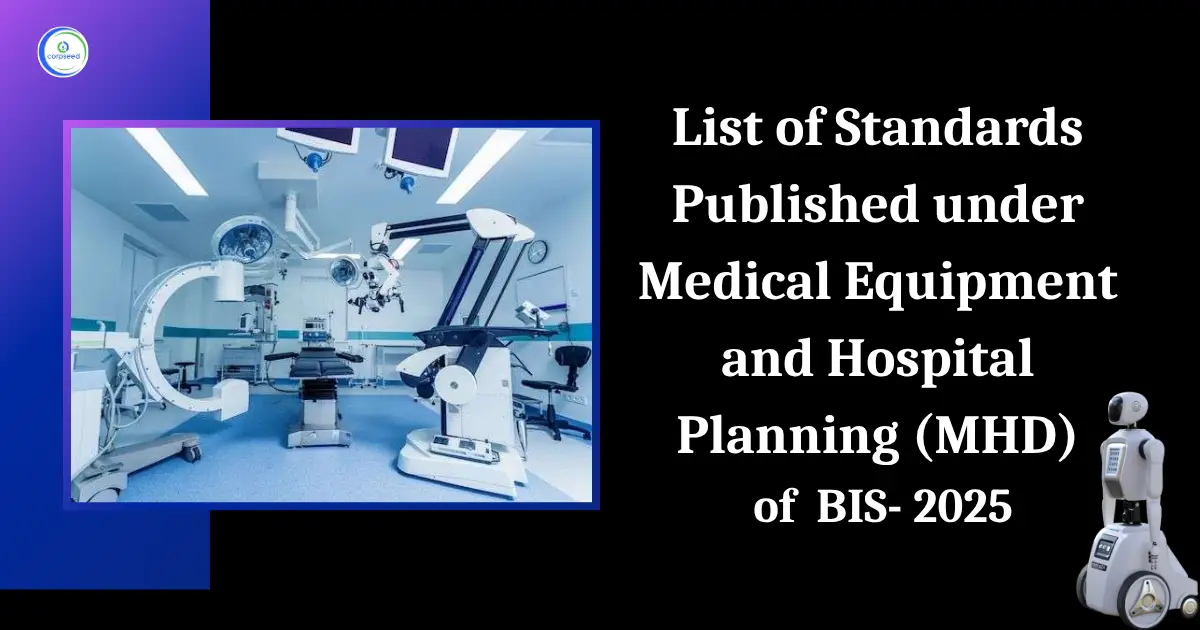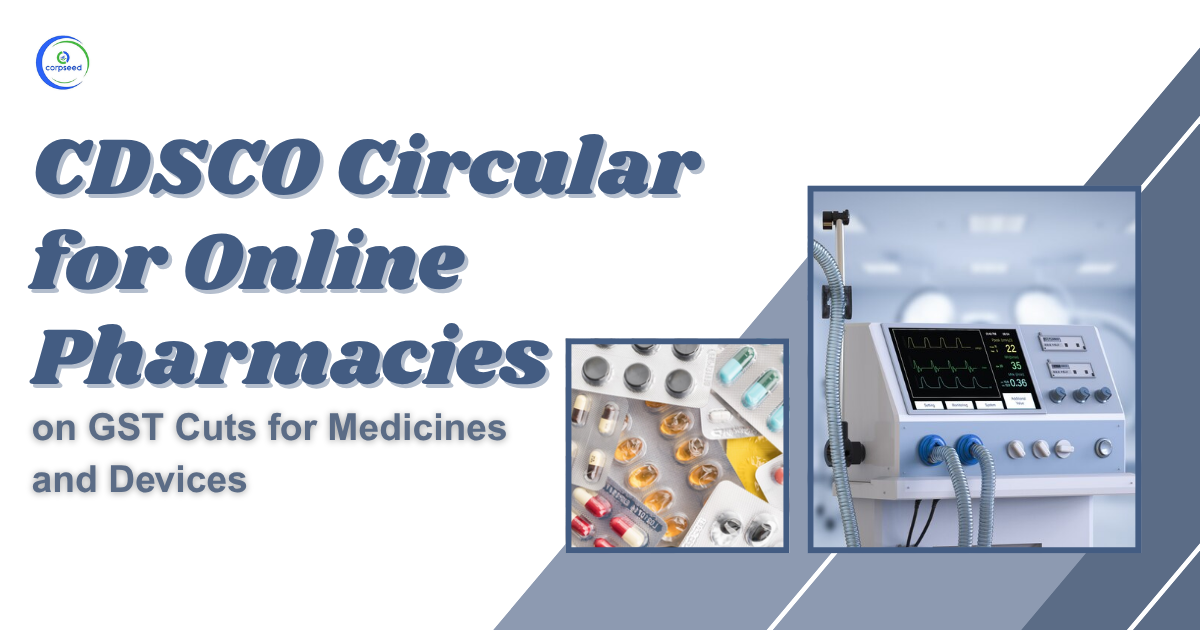The Central Drugs Standard Control Organisation (CDSCO) is a part of the Ministry of Health and Family Welfare, Government of India, and serves as the National Regulatory Authority. CDSCO is responsible for approving drugs, conducting clinical trials, setting standards for drugs, ensuring the quality of imported drugs, and coordinating with State Drug Control Organizations to enforce the Drugs and Cosmetics Act. Pharmaceutical Companies dealing in medical drugs, equipment and other supplies are required to obtain a CDSCO Registration.
Table of Contents
- What is New Drug?
- Why Is the New Drug Approval Policy Important?
- Laws Applicable on New Drug Approval
- Application for New Drug Approval (NDA)
- Surrogate Endpoints in New Drug Approval Process?
- The Role of CDSCO Authorization in the New Drug Approval Process
- Validity of Global Clinical Trials in CDSCO Certification
- Studies After New Drug Approval
- Conclusion
--------------Blog Contact Form-------------
Recently CDSCO released a policy regarding the approval of new drugs. Before the release of this policy, the Government of India also notified the third amendment to the New Drugs and Clinical Trials Rules, 2019. In this article, we will be explaining all the rules and all the changes made recently to the process of approval of new drugs by the Central Drug Standard Control Organisation.
What is New Drug?
The term ‘new drug’ is defined under rule 3(w) of the New Drugs and Clinical Trials Rules, 2019. It requires CDSCO certification before going into the market. Pharmaceutical Companies cannot market or distribute a new drug without a CDSCO certificate. Five different kinds of drugs are defined as new drugs.
- It includes a drug having a pharmaceutical ingredient or phytopharmaceutical drug, which has not been used in the country to any significant extent and has not been approved as safe and efficacious by the Central Licencing Authority with respect to its claims.
- It also includes a drug approved by the Central Licencing Authority for certain claims and proposed to be marketed with modified or new claims including indication, route of administration, dosage and dosage form.
- It also includes a fixed-dose combination of two or more drugs, approved separately for certain claims and proposed to be combined for the first time in a fixed ratio, or where the ratio of ingredients in an approved combination is proposed to be changed with certain claims including indication, route of administration, dosage and dosage form.
All above-mentioned drugs shall continue to be new for a period of four years from the date of their permission granted by the Central Licensing Authority.
- A new drug also includes a modified or sustained release form of a drug or novel drug delivery system of any drug approved by the Central Licencing Authority.
- It also includes a vaccine, recombinant Deoxyribonucleic Acid (r-DNA) derived product, living modified organism, monoclonal antibody, stem cell-derived product, gene therapeutic product or xenografts, intended to be used as a drug.
These two drugs shall always be deemed to be new drugs.
Why Is the New Drug Approval Policy Important?
After the pandemic, we all must have realised how much burden these diseases put on our health system as well as our economy. It affects the population in terms of morbidity and mortality a lot. This makes the safety and effectiveness of new drugs a very important issue to deal with. Only after rigorous checks, such drugs shall be released into the market for the prevention and treatment of various diseases. This is why CDSCO authorization is very important to maintain public assurance that the drugs approved for marketing & distribution are safe and effective. These rules also facilitate the development of new drugs in the country.
These rules facilitate clinical studies and investigation of new drugs to provide information to improve access to safe and effective products with a meaningful impact on the patients. The regulating body also ensures the protection of those physically participating in the studies. The policy on regulatory requirements is very important for the development and approval of new drugs. Adequate clinical and non-clinical data has to be generated and evaluated in a scientific manner for the assessment of the efficacy of new drugs.
Read Our Blog: CDSCO Process for Permission to Import New Drug in India
Laws Applicable on New Drug Approval
There are various laws enacted by the Parliament of India regarding the import, manufacturing and approval process of new drugs. The first of them is the Drugs & Cosmetics Act of 1940. It was mainly enacted for the import, manufacture, distribution and sale of drugs. The act prescribed the formation of the Drugs Technical Advisory Board, the Central Drugs Laboratory and the Drugs Consultative Committee. Drug Rules were first enacted in 1945 which govern the licencing of drugs then finally comes the latest New Drugs and Clinical Trials Rules, 2019. It prescribes provisions regarding new drugs and clinical trials to be conducted for the testing of those new drugs.
CDSCO (Central Drugs Standard Control Organisation) is the body responsible for giving permissions for the manufacturing and import of new drugs under the 2019 rules while licencing has to be done under the 1945 rules. Ministry of Health and Family Welfare constituted a committee to reform the drug regulatory system and the recommendations of that committee resulted in this policy where CDSCO has prescribed the process of approval of new drugs which includes the necessity of a CDSCO Certificate, CDSCO License, and CDSCO authorisation.
Application for New Drug Approval (NDA)
The sponsor has to design a New Drug Application which is called NDA for short. NDA should answer three main questions as given below:-
- It has to be mentioned and explained whether the new drug provides any clinical benefit.
- It has to be clarified whether any associated risk outweighs the benefits of the proposed indication.
- It has to be assured that the product can be manufactured with assured quality and batch-to-batch consistency.
Before the submission of the NDA, CDSCO should have a discussion with the applicant where the applicant can present a summary. This discussion will help reviewers to include the information in the NDA. A clear request shall be added to the NDA in the following special cases:-
- If the sponsor seeks exemption from a local clinical trial,
- If the sponsor seeks approval under an accelerated approval process.
In both the above cases a rationale & justification should be provided with the regulatory provision under which such exemption is sought. An accelerated approval process shall only be used in case the drug showed significant advances over an existing treatment or any unmet medical need. The following points must also be kept in mind while submitting NDA Application:
- Ensure submissions of applications for clinical trials and new drug approvals and CDSCO Registration are concise, correct, consistent, and clear. It must be well-indexed comprehensive and readable.
- Clear and well-presented submissions enable timely evaluation, while difficult-to-evaluate submissions may require more time for corrections, leading to delays in decision-making.
- Applications for new drugs and clinical trials should be submitted in CTD format only, as per ND & CT rules.
- It is the responsibility of the applicant to submit data that meets the requirements of ND&CT Rules, 2019 for the review and approval of safe and effective drug products.
In addition, the NDA should have a cover letter that mentions any relevant correspondence or meetings by date and topic. It should also have a comprehensive summary that includes the most important information about the drug, along with conclusions drawn from the presentation. This summary should cover each technical section, discuss the benefits and risks of the drug, provide information on the non-Indian marketing history of the drug, and include a copy of the proposed package insert. Then finally the application can be submitted for CDSCO Certification.
Surrogate Endpoints in New Drug Approval Process?
A surrogate endpoint is a clinical trial endpoint that is used as a substitute for directly measuring how a patient feels, functions, or survives. It is expected to predict the clinical benefit of interest, and its predictive nature is determined through scientific evidence. Surrogate endpoints can be classified into three categories based on their level of clinical validation:-
- Candidate
- Reasonably Likely
- Validated
Candidate surrogate endpoints are still being evaluated, while validated surrogate endpoints are supported by strong evidence showing a correlation between the surrogate endpoint and a specific clinical benefit. Reasonably likely surrogate endpoints are mentioned as a separate category for further discussion.
Sometimes, doctors can use "surrogate endpoints" to decide if a new drug should be approved. These are like clues that might show if a drug will really help patients in the end. If there's good evidence that surrogate endpoints are helpful, they might be okay to use. But if they're only a little bit related to what really matters for patients, they might not be good enough. According to the rules, surrogate endpoints should only be used as temporary checkpoints, and more evidence should be gathered after approval to make sure patients really benefit from the drug.
The Role of CDSCO Authorization in the New Drug Approval Process
Central Drug Standard Control Organization has to review the application and determine whether it is complete or not. CDSCO should either accept or reject the application within the prescribed time. If there is a rejection then grounds of rejection have to be mentioned in the application and it must be sent back to the applicant. And if the application is accepted then it has to undergo concurrent review. As per standard procedure, all clinical and non-clinical data has to be reviewed in consultation with the Subject Expert Committee.
If deficiencies are found during the review, CDSCO should notify the applicant within the prescribed timelines and the applicant has to furnish the required information as soon as possible. After conducting a medical and scientific review, the drug product should be reviewed in consultation with the SEC (Subject Expert Committee). Based on the recommendations of the SEC and the review, CDSCO will make a decision on whether to approve the drug or not, in accordance with the New Drugs & Clinical Trials Rules, 2019. While the recommendations of the SEC are not binding for CDSCO, It has the authority to override the opinion of the SEC with written details of the reasons for doing so.
CDSCO should prepare a Summary Basis of Approval for a new drug in case of approval. This summary should contain a summary of CMC, non-clinical, clinical data, and other relevant information based on which the drug is being considered for approval.
Validity of Global Clinical Trials in CDSCO Certification
In the past, clinical trials were primarily conducted in a single country or region. However, with globalization, drug development has expanded to include multiple countries due to various factors such as access to diverse patient populations, availability of research infrastructure, and cost considerations. As a result, data from clinical trials conducted in different countries are now being considered collectively as evidence to support the approval of new drugs. Now the data obtained from these Global Clinical Trials (GCTs) are being accepted by this organisation and receiving CDSCO Validation. This data is valid evidence to support the approval of new drugs for marketing purposes.
But in this case, detailed guidance documents must be prepared and it must be shown that there was really a requirement for global clinical data and that they are adequate to be considered for approval of new drugs in the country. India’s participation in those trials is not considered. The sponsor also has a responsibility to plan and design GCT’s regulatory requirements as per New Drugs & Clinical Trials Rules, 2019 to increase the acceptability of GCTs in regulatory submissions.
Studies After New Drug Approval
As per the policy of the organization, studies after CDSCO certification may be necessary to gather additional data on the efficacy, safety, and usage of a newly approved drug in populations that may be more diverse than those included in the pre-approval clinical trials. These studies are conducted in accordance with the provisions of the rules to ensure a comprehensive evaluation of the drug's performance after approval.
It's important to create clear guidance documents that explain what needs to be done for studies after a new drug is approved. These documents should consider things like what the drug is used for, how rare and serious the disease is, and what data was available when the drug was approved. These guidelines will help determine how much and what kind of studies are needed to thoroughly evaluate how well the drug works in real-life situations, based on the specific disease and drug characteristics.
Conclusion
These were the new drug approval rules published by CDSCO and it is evident that it plays a crucial role in promoting new drug development and ensuring the availability of safe and effective drugs to address the disease burden in the country. To achieve this, CDSCO needs to work collaboratively and cooperatively with industry, academia, and other stakeholders. It should also dedicate efforts to provide regulatory information and educate all persons involved in new drug development while enhancing communication and accessibility of relevant regulatory information. Efficiently conducting CDSCO meetings as per established procedures will also facilitate the development of safe and effective new drugs in the country. By prioritizing these actions, It can contribute to the advancement of the healthcare ecosystem in India.
Read More:
EPR Certificate, Waste Management, BIS Registration, ISI Registration, ESG Reporting, E-waste Plant Setup, Plastic Waste Plant Setup, Drug License, CDSCO Registration, EPR in E-waste Management, EPR in Battery Waste Management, EPR in Plastic Waste Management, EPR in Tyre Waste Management
Drug License
A drug license is an official permission granted to individuals or companies that manufacture, distribute, and sell drugs in India. It ensures adherence to the safety and quality standards of the regulatory authorities that ensure public health.
Medical Devices Import/Manufacturing
CDSCO online registration is a process that ensures that all the drugs, medical devices, and cosmetics in the market are safe, reliable, and must have passed quality standards. Importers, manufacturers, and others must register under the CDSCO for a certificate if they are working in this field.
Medical Devices Import
The CDSCO is responsible for medical device registration in India. This registration guarantees that all devices are safe, of high quality, and comply with regulatory standards. This registration not only protects patients but also supports global trade.
This portion of the site is for informational purposes only. The content is not legal advice. The statements and opinions are the expression of author, not corpseed, and have not been evaluated by corpseed for accuracy, completeness, or changes in the law.
BOOK A FREE CONSULTATION
Get help from an experienced legal adviser. Schedule your consultation at a time that works for you and it's absolutely FREE.


